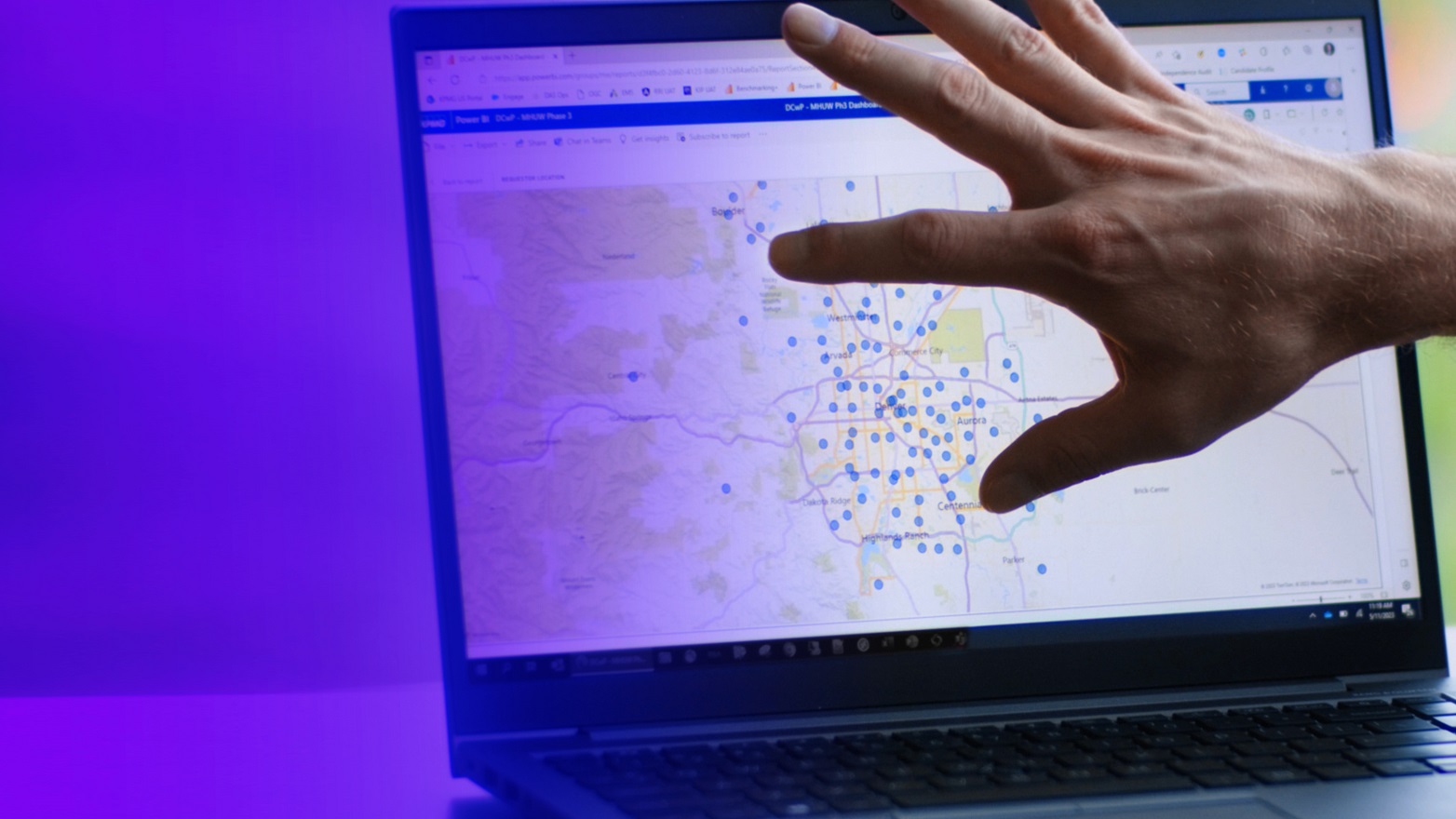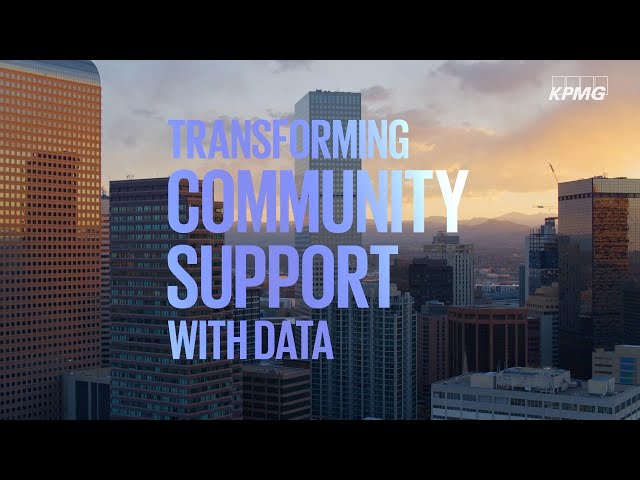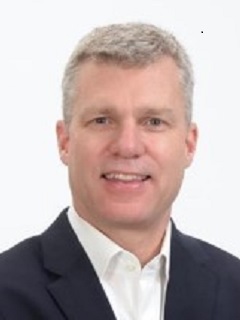“People calling us through 211 are doing so during some of the most troubling, darkest times,” Treichler says. “Providing a trusted source of help is incredibly important, and the only way to do that is if we have clean, solid information.”
Better Data Brings Better Services
The organization sought assistance from KPMG, through Data Citizens with Purpose®, a pro bono program that provides data-driven insights to help nonprofit organizations better serve their stakeholders.5
The collaboration quickly paid dividends. The team at KPMG helped MHUW align data sets to more effectively match the information received from people calling 211 for help—a single parent looking for food assistance, for example—with data on resources, where they’re located and what they provide. “Integrating the complexities of those two pieces helped us paint a better picture for where the emerging needs are in our community—and where we lacked the resources to meet those needs,” Treichler says.
Through a dashboard provided by KPMG, MHUW’s 211 team used analytical tools against incoming data to uncover critical trends and patterns that led to new protocols for call center representatives. Questions were revamped to more proactively assess the totality of a caller’s situation. Based on data correlating risk factors, callers requesting rent or work assistance, for example, are now also asked about food assistance with the goal of providing more comprehensive care and reducing the need for repeat calls.
KPMG used analysis of requester ZIP codes and demographics to build a portfolio of maps broken down by key categories, so MHUW’s 211 team can see exactly where callers are requesting services specifically related to food as well as the location of the nearest service centers. Going forward, these capabilities will help MHUW see any gaps so it can work to reallocate services more appropriately, or stand up services where they are needed.
By sharing data with community partners, including nonprofits serving Denver’s immigrant community, governments and school boards, MHUW is creating a ripple effect that amplifies the value of its data. Those organizations can improve their services, while local government and school boards receive valuable demographic information to better identify and serve at-risk individuals and families.
“The tools and insights we’ve gained not only help us understand how to work more effectively, but also help the community understand what’s happening,” Treichler says.
A Data-Driven Future for Nonprofits
The story of MHUW and its 211 program demonstrates that data isn’t a luxury, but a potential force multiplier for nonprofits fighting to maximize every dollar they raise. “Data can make scarce dollars and people resources go a lot further,” says Joel O’Hair, data science and analytics leader, deal advisory and strategy at KPMG.6 “It’s a shot of adrenaline to help people do their jobs better and benefit the community.”


